Issue Briefs
Read analysis on the changing situational awareness environment and its implications for stability.
Tech Primer
Learn about different emerging situational-awareness technologies and their potential impacts on stability.
Country Profile
Improve your understanding of situational awareness capabilities by country.
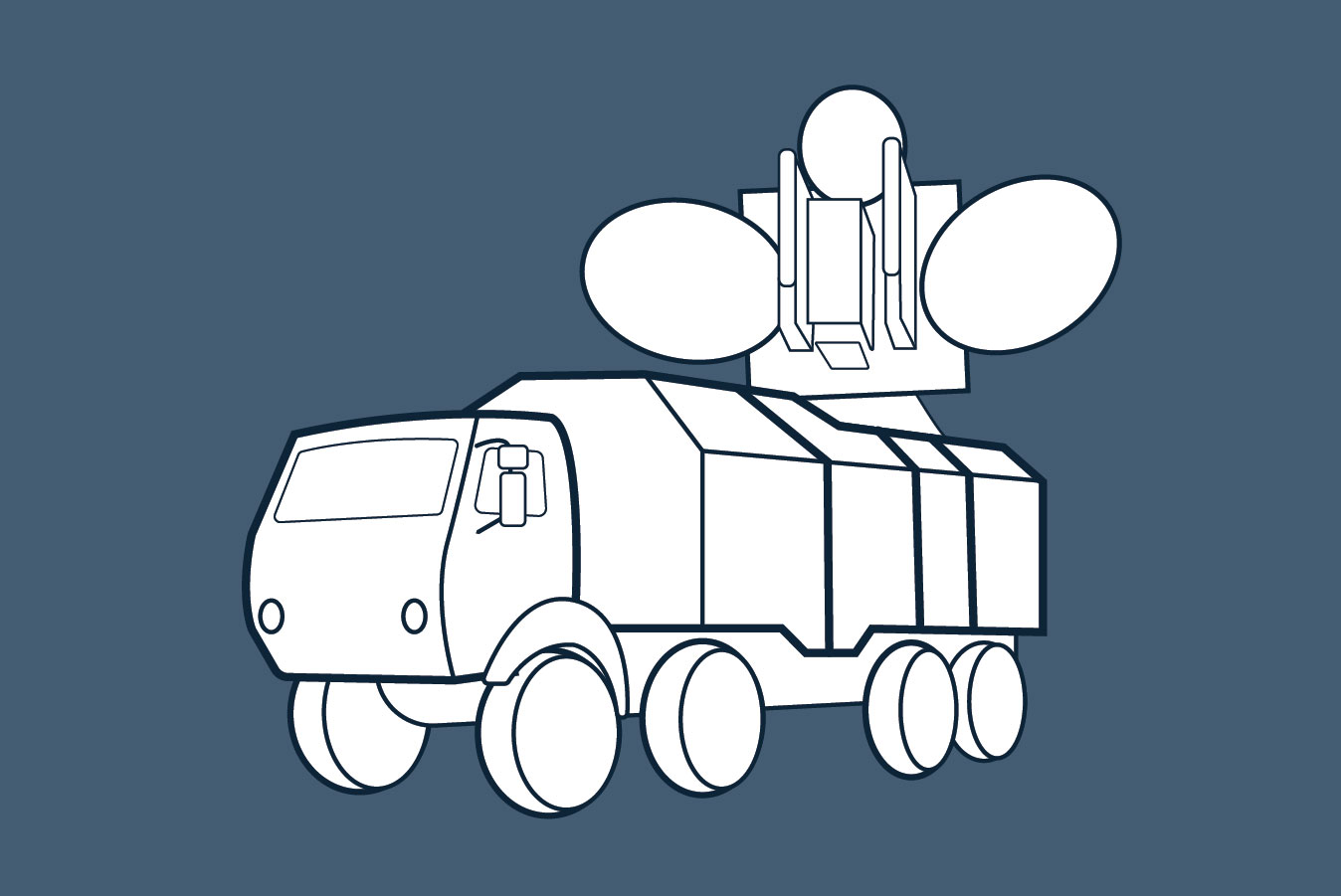
Satellite Jamming
Satellite jamming is a form of electronic anti-satellite attack that interferes with communications traveling to and from a satellite. Satellite jamming capabilities decrease certainty surrounding adversary force posture and by consequence have the capacity to decrease strategic stability.

Artificial Intelligence Analysis Applications
Artificial intelligence (AI) applications have the potential to significantly impact the strategic situational awareness (strategic SA) mission in two key areas—operations and analysis. AI analysis applications can enhance the strategic SA mission by employing data mining, data fusion methods, front-line analysis, and predictive analyt...

China's Strategic Situational Awareness Capabilities
China has invested considerably in advancing its strategic situational awareness capabilities. The People's Liberation Army is developing a more mature architecture to enhance its ability to conduct nuclear counterattack and conventional operations.

High Altitude Pseudosatellites
This primer focuses on multi-mission military unmanned High Altitude Pseudo-Satellites (HAPS). HAPS fill an existing gap between lower-altitude Unmanned Aerial Vehicles (UAVs) and conventional satellites that are unable to loiter in place, and have applications that include reconnaissance, damage assessment, and remote sensing.
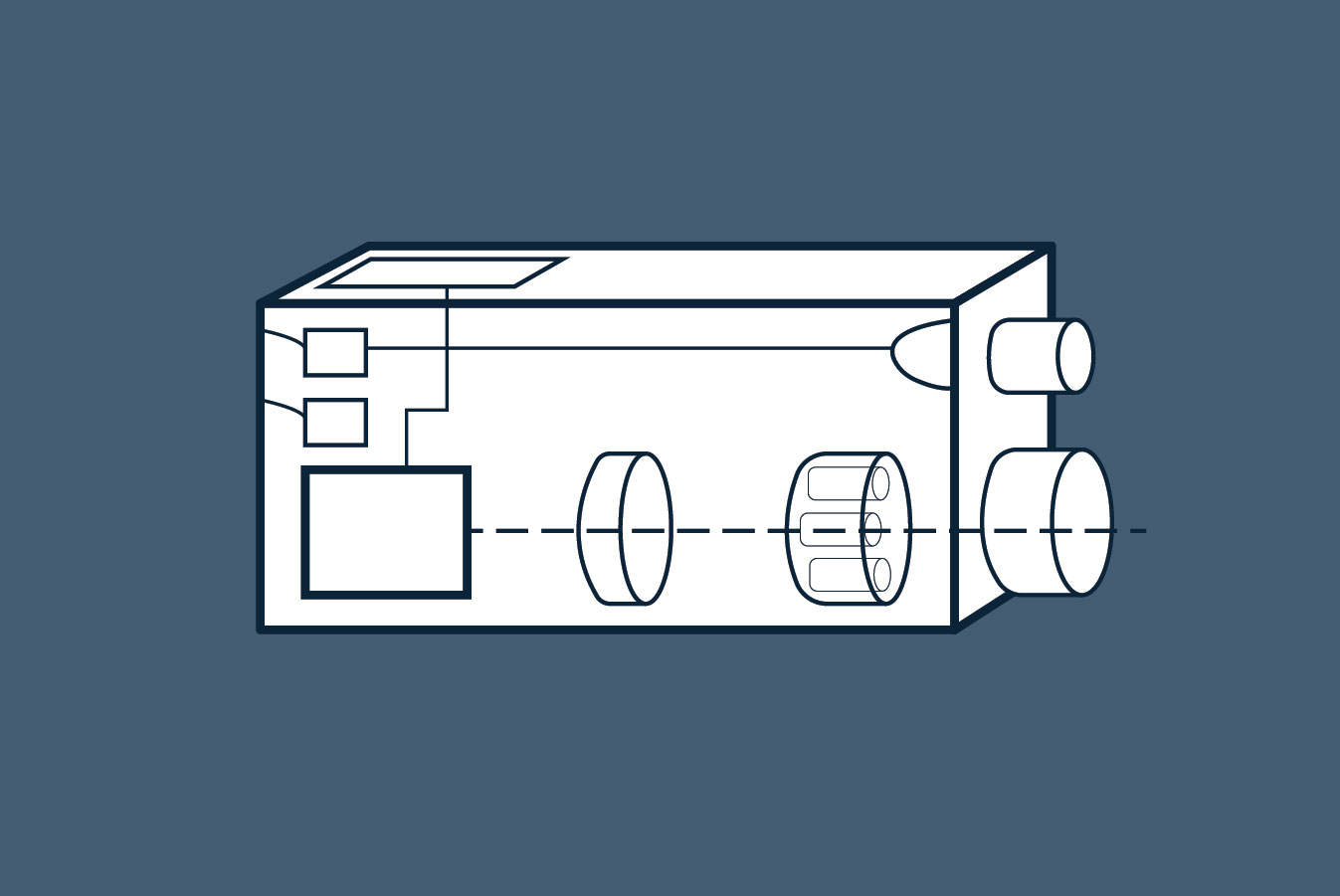
Hyperspectral Imaging
Hyperspectral imaging (HSI) is a type of remote sensing that is particularly useful for determining the composition of an object. In conjunction with other remote sensing and data collecting techniques, it can be used to identify a country’s fixed strategic sites, for example, WMD production facilities or camouflaged military assets.
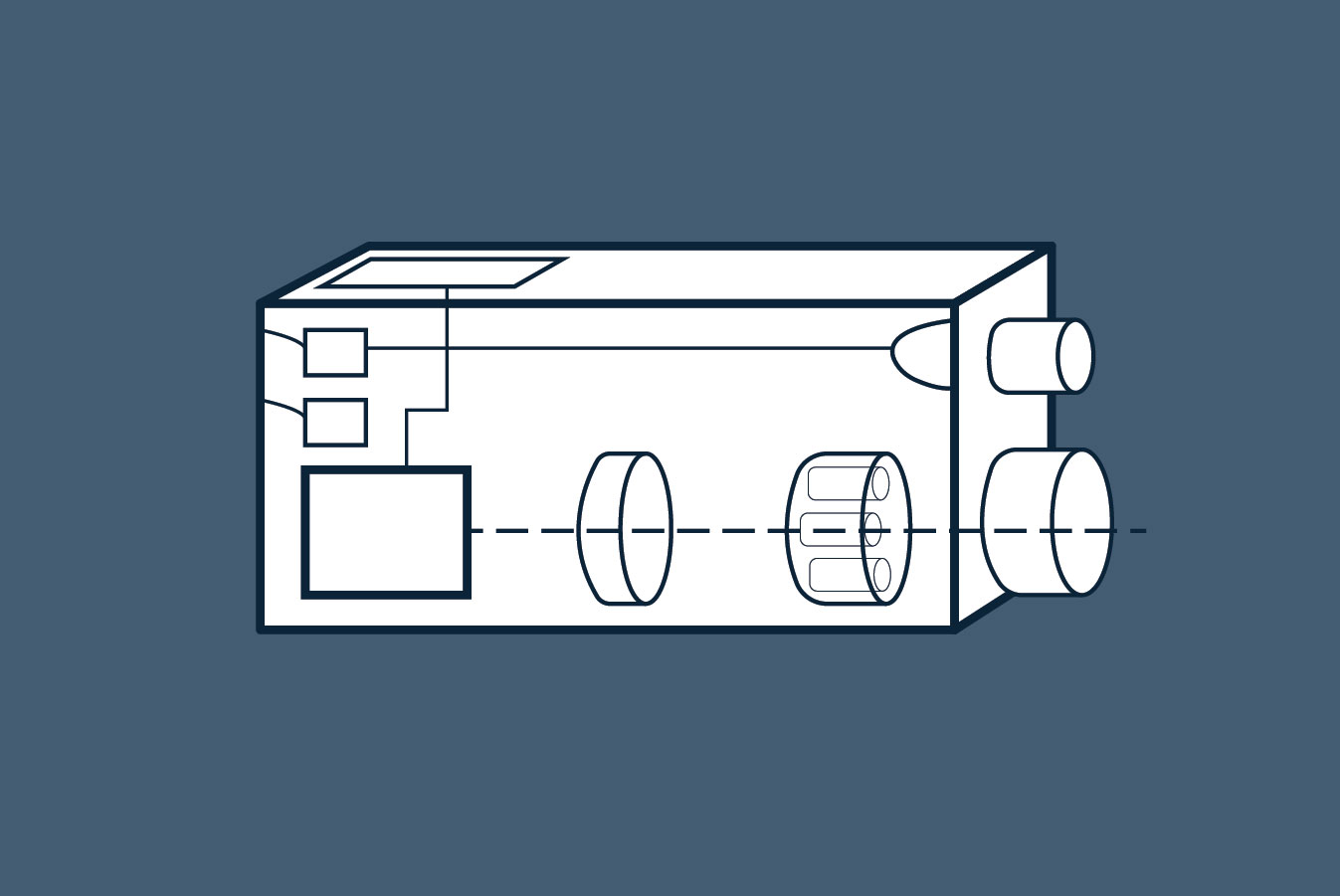
Light Detection and Ranging (LIDAR)
Light detection and ranging (LIDAR) is an active-sensor technique that generates spatial data from the reflection of laser pulses from objects. The technique is useful for rapidly mapping terrain, chemical/biological weapons detection, demining, anti-submarine warfare, and scene-data-based navigation.

Plant-based Sensors
Plant-based sensors are physiology-based mechanisms capable of reporting the presence of specific stimuli on land. Plant-based sensors are an unobtrusive platform for monitoring weapons development and presence.
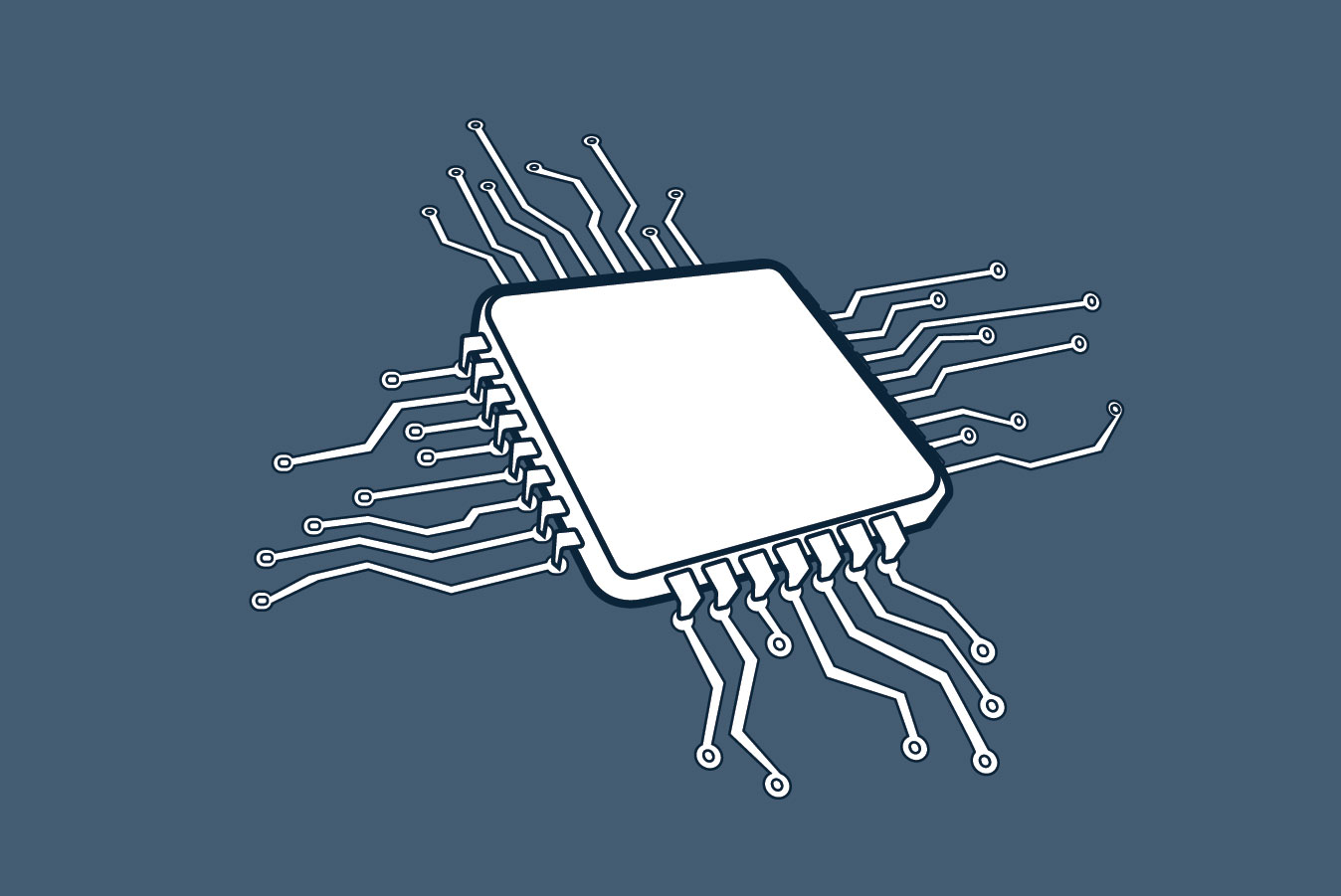
Quantum Computing
Quantum computers have capabilities that exceed those of classical computers, processing information in a fundamentally different way by taking advantage of physics that occurs only on the quantum level. With these characteristics, quantum computers can solve problems that are not feasible on a classical computer.

Remote Radiation Detection by Electromagnetic Air Breakdown
Emerging radiation sensing techniques that measure changes in the dielectric properties of air may offer ultra-long-range radiation detection capabilities with potential applications in counterforce targeting and counterproliferation.

Resilient Communications for Command and Control of Nuclear Forces
Outside of the current United States Nuclear Command, Control, and Communications (NC3) realm, tactical commercial communications systems have been advancing the state of the technological innovation with the developments of Mobile Ad Hoc Network (MANET) capabilities, Spectrum Sensing Cognitive Radios, and data encryption schemes for a...

Smallsats
Small satellites (smallsats) are miniaturized artificial satellites that can enhance situational awareness (SA) by providing advanced, low-cost sensing of in-orbit space objects, and by delivering persistent broad-coverage Earth imaging for a variety of conventional and nuclear missions.
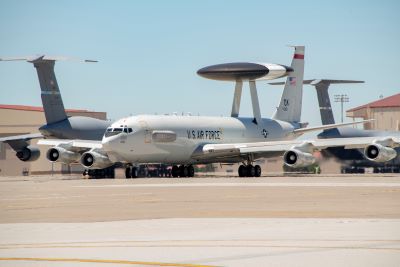
United States' Strategic Situational Awareness Capabilities
The United States has advanced strategic situational awareness capabilities across all domains. In recent decades, these capabilities have become increasingly important at the tactical and operational levels, and are integral to U.S. doctrine and planning.
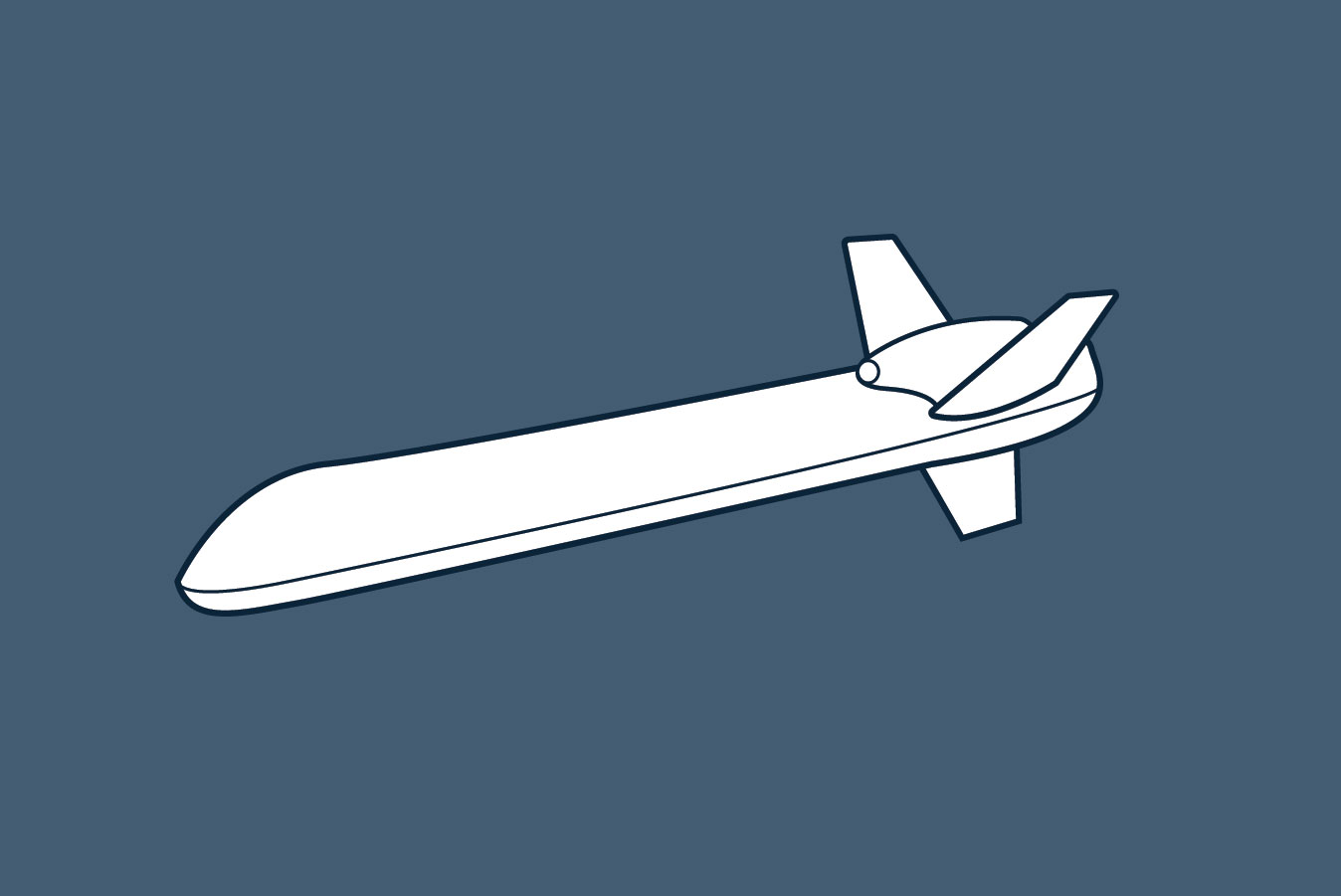
Unmanned Underwater Vehicle (UUV) Systems for Submarine Detection
Unmanned underwater vehicles (UUVs) are an emerging class of unmanned maritime vehicles (UMVs) with the potential to transform anti-submarine warfare. Their small size and stealthy deployment may allow for reconnaissance in a contested environment that might increase the fidelity of information available to decision-makers.

Non-Acoustic Submarine Detection
Non-acoustic submarine detection technologies are those that do not rely on the collection of soundwaves emitted or reflected by a submerged vehicle for location and tracking. · The act of deploying advanced detection technology is unlikely to disrupt current strategic stability unless an adversary becomes aware of the presence of enha...

Sensor Networks
Sensor networks offer great potential to improve situational awareness by enhancing vantage, precision, and persistence. With relatively low development and production costs, they can vastly expand the amount of information received from land, air, sea, and space.

North Korea's Strategic Situational Awareness Capabilities
This report attempts to leverage publicly available information to (a) contextualize North Korea’s current intelligence organizations and operational doctrine within the context of its historical development; and (b) detail the capabilities, military assets, and battlefield systems that North Korea currently uses to achieve and develop...


